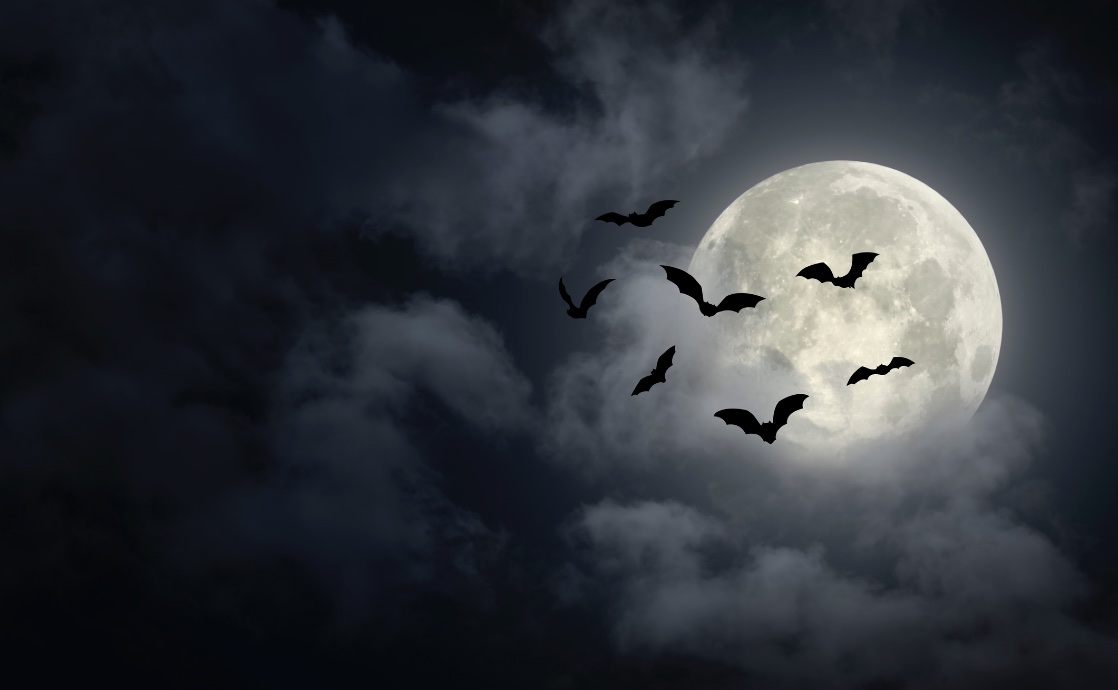In the contemporary discourse surrounding the themes of horror, malevolence, and the metaphysical implications of evil, the recent engagement featuring actor Rainn Wilson offers an illuminating perspective, particularly through the lens of Baha’i teachings. This unique interface between popular culture and spiritual discourse invites participants to grapple with profound existential questions. Embracing this opportunity requires a reframing of notions regarding evil, casting a diversified light on its nature and role within both a personal and collective human experience.
At the heart of the Baha’i Faith lies a rich tapestry of teachings that contend with the existential weight of evil. The inquiry into evil is not merely academic; rather, it touches upon the very fabric of moral philosophy and the human condition. Traditionally, evil has often been perceived as an external force lurking within the shadows of human praxis. However, Baha’i teachings invite adherents to regard evil as an inevitable aspect of the human experience that can catalyze spiritual development and foster resilience.
One pivotal tenet within Baha’i literature acknowledges that evil, much like darkness, is not an independent entity but rather a condition resulting from the absence of good. This conception aligns with the Baha’i belief in the unity of all existence, which posits that the essence of creation is fundamentally good. In this framework, the seeming prevalence of evil serves as a counterpoint, highlighting humanity’s potential for growth, compassion, and the quest for transcendence.
The discussion surrounding Halloween, traditionally a celebration of the macabre, provides a timely metaphor for exploring the duality of good and evil. As Wilson engages audiences with narratives that conjure fear and curiosity, one must question the purpose of these sentiments. Are horror and malevolence mere entertainment, or do they serve a more significant role in confronting our innermost fears? The Baha’i perspective encourages a deeper examination of such festivities, advocating for conscious reflection on their implications for our moral compass.
Moreover, in the modern obsession with horror films and tales of malevolence, there emerges a cultural commentary that can be propped against the Baha’i doctrine of transformation and redemption. Baha’is believe that confronting the elements of darkness within one’s self can lead to profound self-discovery and ultimately, to a paradigm shift towards virtue. This transformative process captures the essence of what it means to be human—to wrestle with internal demons and emerge enlightened on the other side.
The concept of evil is intrinsically linked to personal agency. Each individual possesses the capacity to choose between right and wrong, good and evil. Unlike deterministic views that may portray human behavior as predetermined by external circumstances, the Baha’i Faith underscores the importance of personal responsibility. Every choice made echoes in the annals of moral development, influencing not only oneself but also the collective trajectory of society. Thus, the Halloween discourse becomes a catalyst, prompting reflections on moral choices informed by fear and desire.
Engaging with Rainn Wilson’s chat also presents an opportunity to explore the intersectionality of cultural narratives and spirituality. While popular media often emphasizes sensationalism, the Baha’i perspective encourages participants to delve deeper, examining how fear can ignite empathy and understanding. In times of crisis, awareness of the human propensity for evil can compel individuals towards collaborative efforts in seeking justice and fostering a peaceful coexistence.
Furthermore, Baha’i teachings advocate the principle of love and unity as central to overcoming the tribulations posed by evil. Effective engagement in dialogues regarding evil, as exemplified in Wilson’s discourse, should not merely dwell on the might of darkness but rather illuminate pathways to reconciliation through dialogue and understanding. The transformative act of discussing and confronting evil not only raises awareness but also offers avenues toward collective healing and restoration.
As one navigates the myriad complexities of evil, a Baha’i perspective encourages a recalibration of what it means to engage with these themes meaningfully. Embracing experiences that confer both dread and fascination can ultimately cultivate compassion and humility. Recognizing the intricate relationship between darkness and light paves the way for an enriched understanding of life’s journey—a dual voyage that reflects the sublime interplay of adversity and growth.
In essence, the “Halloween Chat on Evil” embodies multifarious dimensions of an existential inquiry that provokes curiosity and philosophical reflection. By delving into the multifaceted conversation surrounding evil, participants are invited to reposition their understanding. The exploration of this deeply human experience is a call to transcend mere anecdotal engagement with horror and instead reflects on the implications of our choices and actions. As Baha’is, there lies a profound duty to advocate for spiritual dialogue that transcends the superficial, enriching our comprehension of good and evil within the human narrative.
Ultimately, this engagement with Rainn Wilson heralds a significant opportunity to stimulate recognition of the complexity that encases the concept of evil—and in doing so, cultivates a society inclined toward greater understanding and solidarity amidst life’s most perplexing challenges. By inviting curiosity and deliberate contemplation, we may shape a future where the shadows of evil are outshone by the brilliance of collective good.
